Mercedes-Benz has confirmed plans of its first series production plug-in fuel cell model, the GLC F-Cell, to be revealed at next-week’s Frankfurt motor show.
The new dual hydrogen and electric propelled model is planned to go on sale in selected markets in 2018 following an extensive development program that, Mercedes-Benz says, has seen the GLC F-Cell undergo the same testing procedure as other production models.
The GLC F-Cell has now been revealed
The zero-emission Mercedes-Benz GLC F-Cell swaps the standard GLC’s combustion engine for a fuel cell stack developed in a co-operation between Mercedes-Benz parent company Daimler and Ford in the Automotive Fuel Cell Cooperation (AFCC) joint venture based in Vancouver, Canada.
Electrical energy used to power the GLC F-Cell’s electric motor is generated on board within the fuel cell stack in a reaction between hydrogen and oxygen. The hydrogen is stored in two carbon-fibre-encased tanks mounted within the GLC F-Cell’s floor.
Capable of holding up to 4kg of hydrogen, the tanks are pressurised at 700-bar and are claimed to be able to be refilled within three minutes using the latest hydrogen refilling technology.
Details to the output of the fuel cell stack remains under wraps a week before the GLC F-Cell’s planned public debut, though Mercedes-Benz confirms it will be combined with a 9kWh lithium ion battery to provide an overall range of up to 500km (310 miles), some 50km (31 miles) of which is claimed to be achievable on the electricity from its battery alone.
As with Mercedes-Benz’s exiting petrol-electric hybrid models, the battery can be charged either via plug in means or on the run with electrical energy recuperated and stowed during braking and coasting.
Mercedes-Benz says it has been able to draw on over 11 million miles of testing of fuel cell vehicles in the development of the GLC F-Cell. The new model, which will be available to private customers on a standard sale basis rather than the private in-house fleet agreement the earlier B-class F-Cell, is claimed to have undergone over 500 individual tests, including aerodynamic refinement and crash testing in the German car maker’s new wind tunnel and crash testing facility in Sindelfingen, Germany since 2015.
Data collected during its development program reveals the fleet of GLC F-Cell prototypes have used about 200 tonnes hydrogen and emitted some 1800 tonnes of water vapour.
Read more:
Mercedes GLC fuel cell due next year
Mercedes-Benz B-Class F-Cell review
Mercedes-Benz GLC to get hydrogen fuel cell power next year
Hydrogen fuel cells a "complete nonsense" says JLR's technical design chief
Honda and GM to co-develop advanced hydrogen fuel cell technology

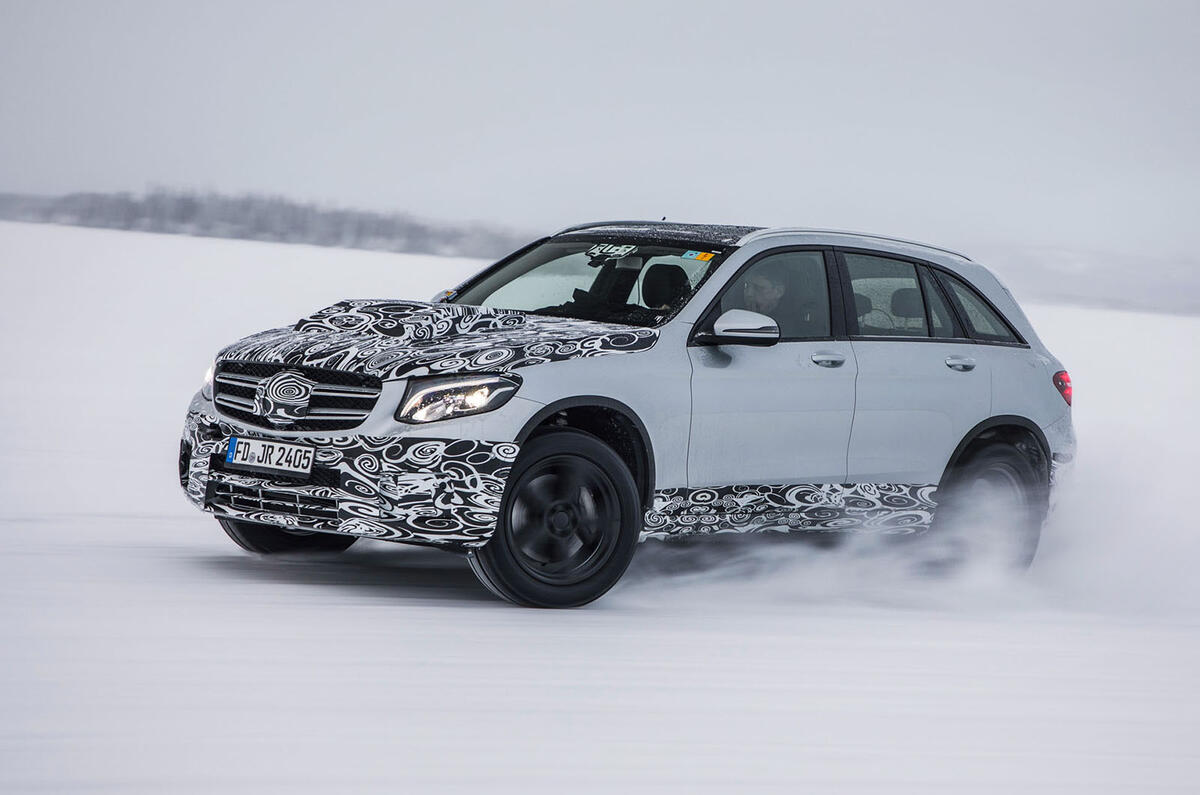
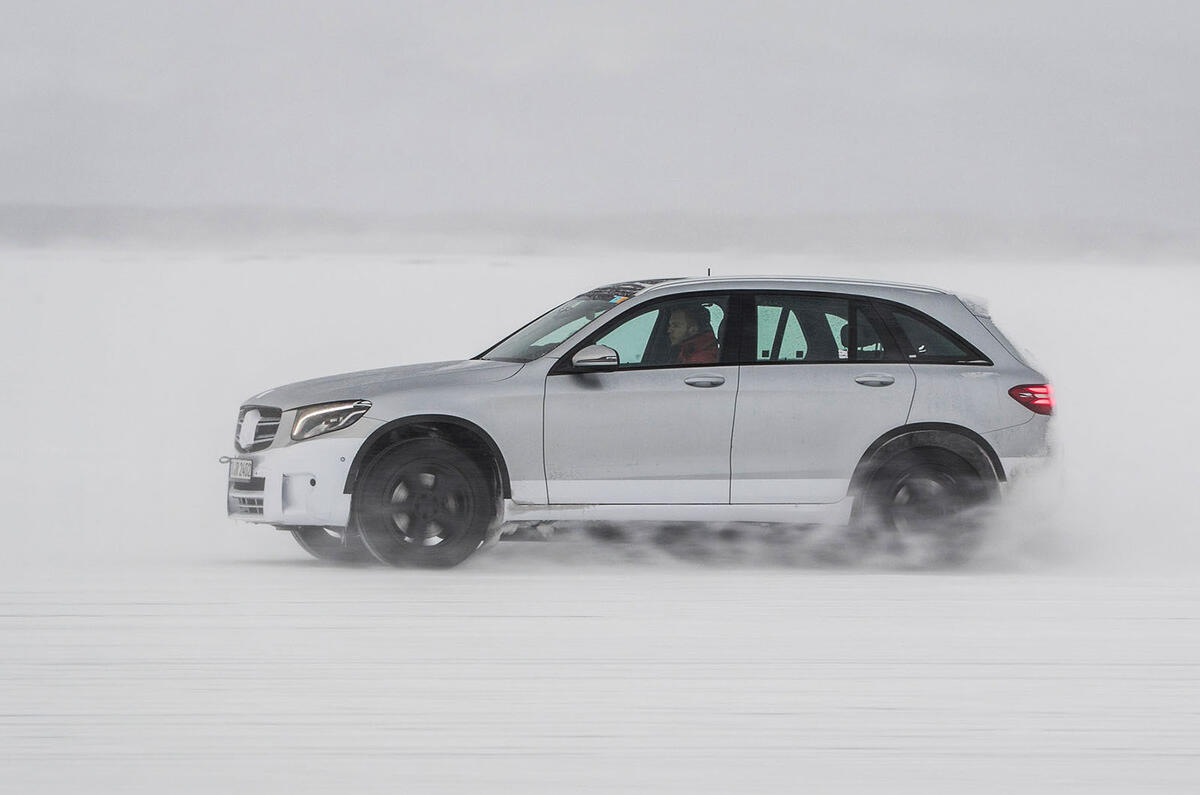
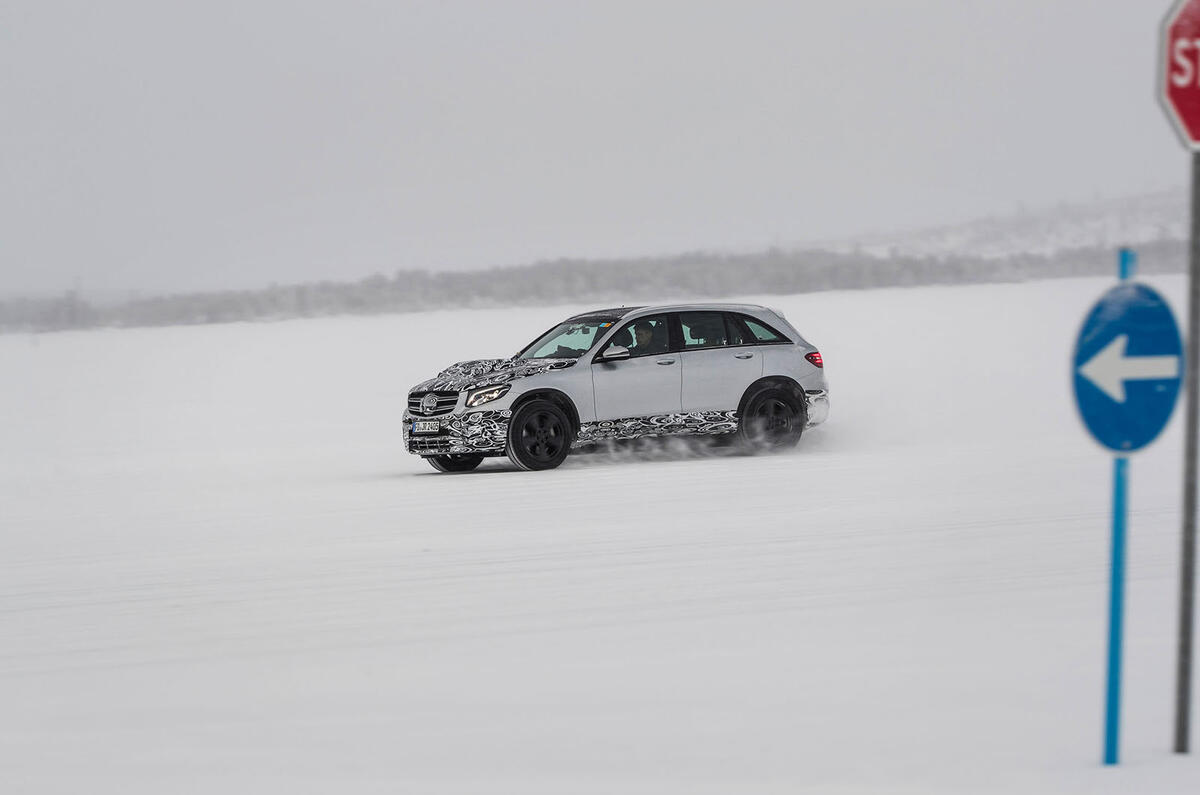
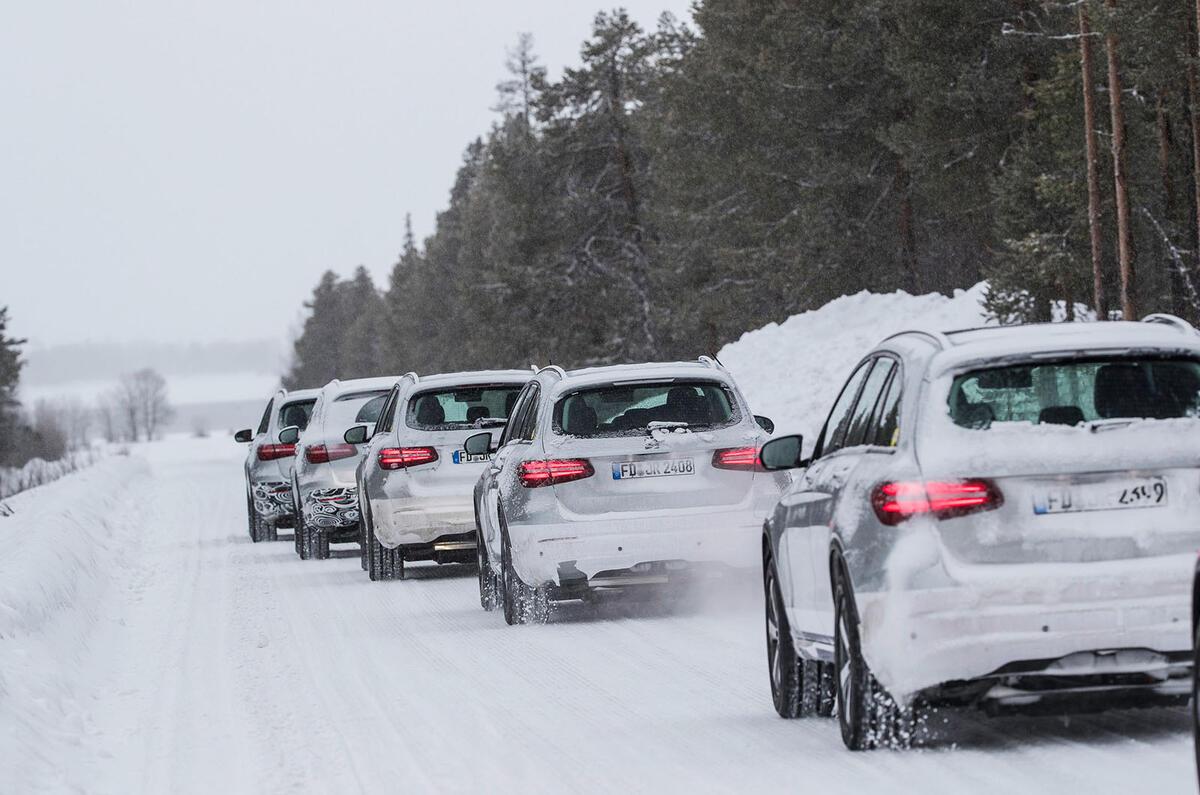


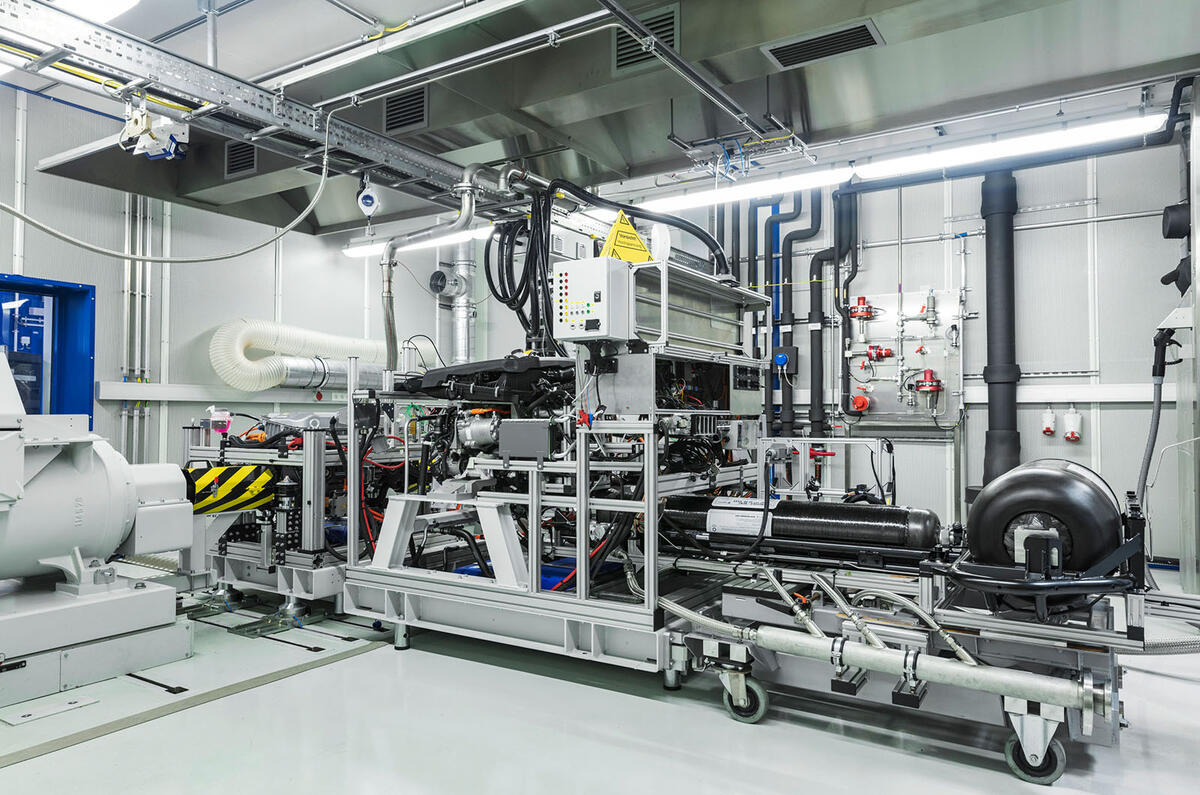
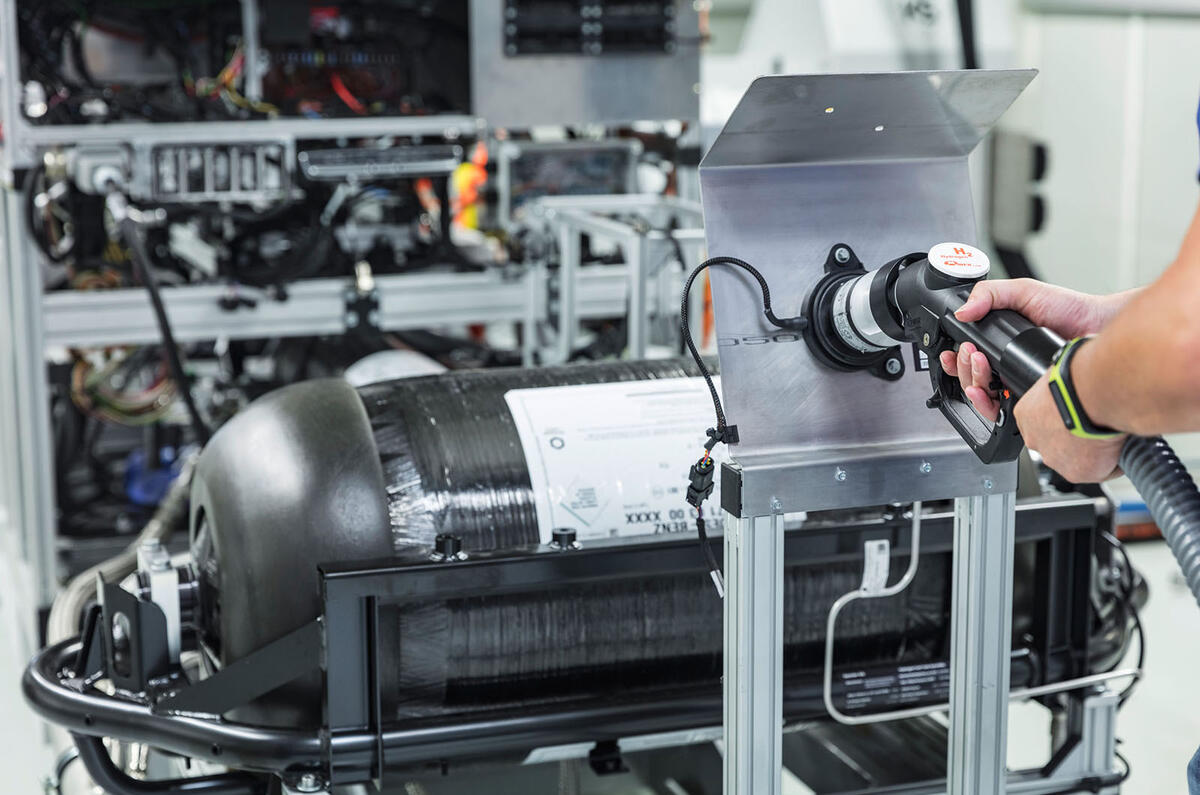
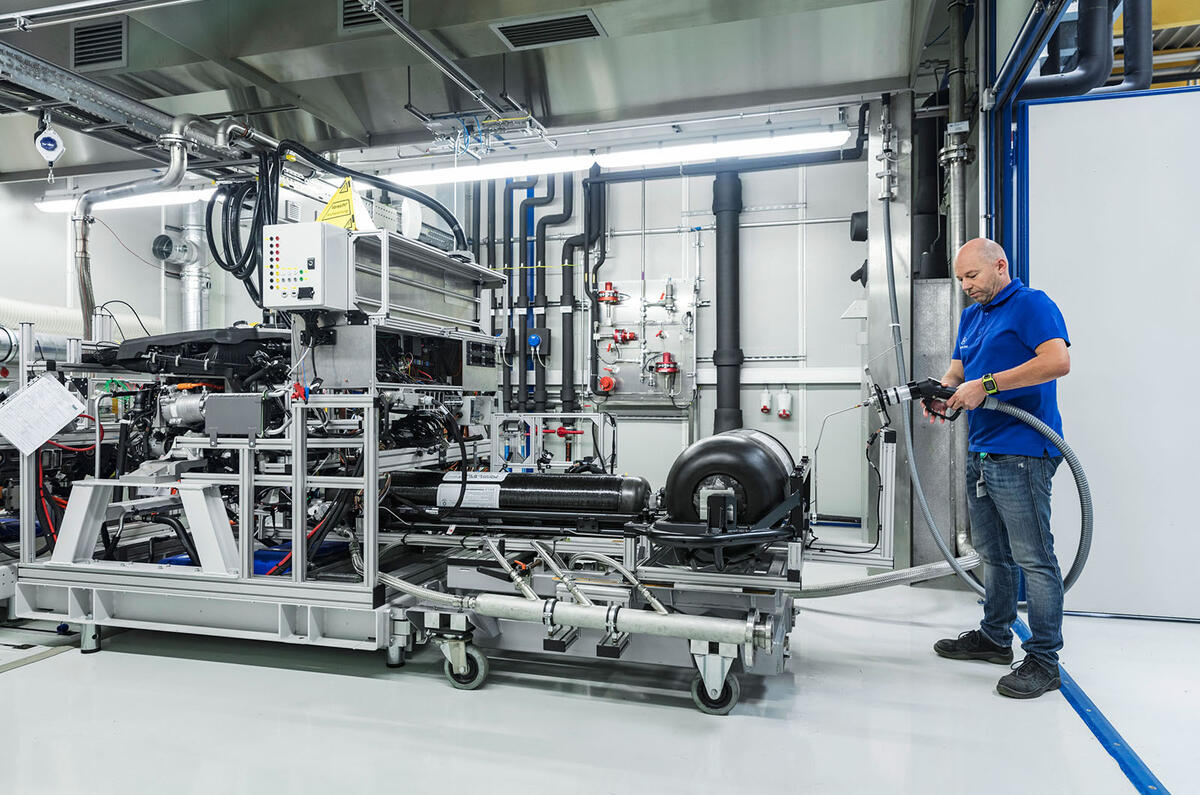
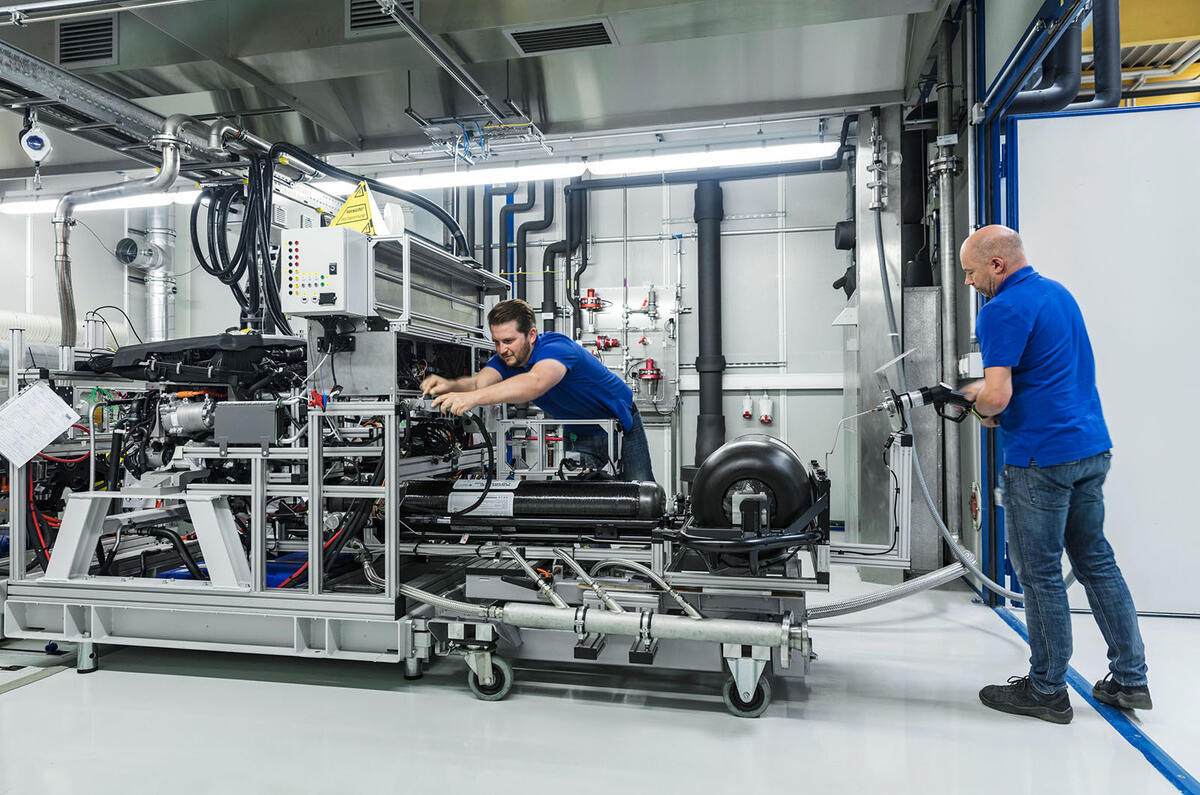
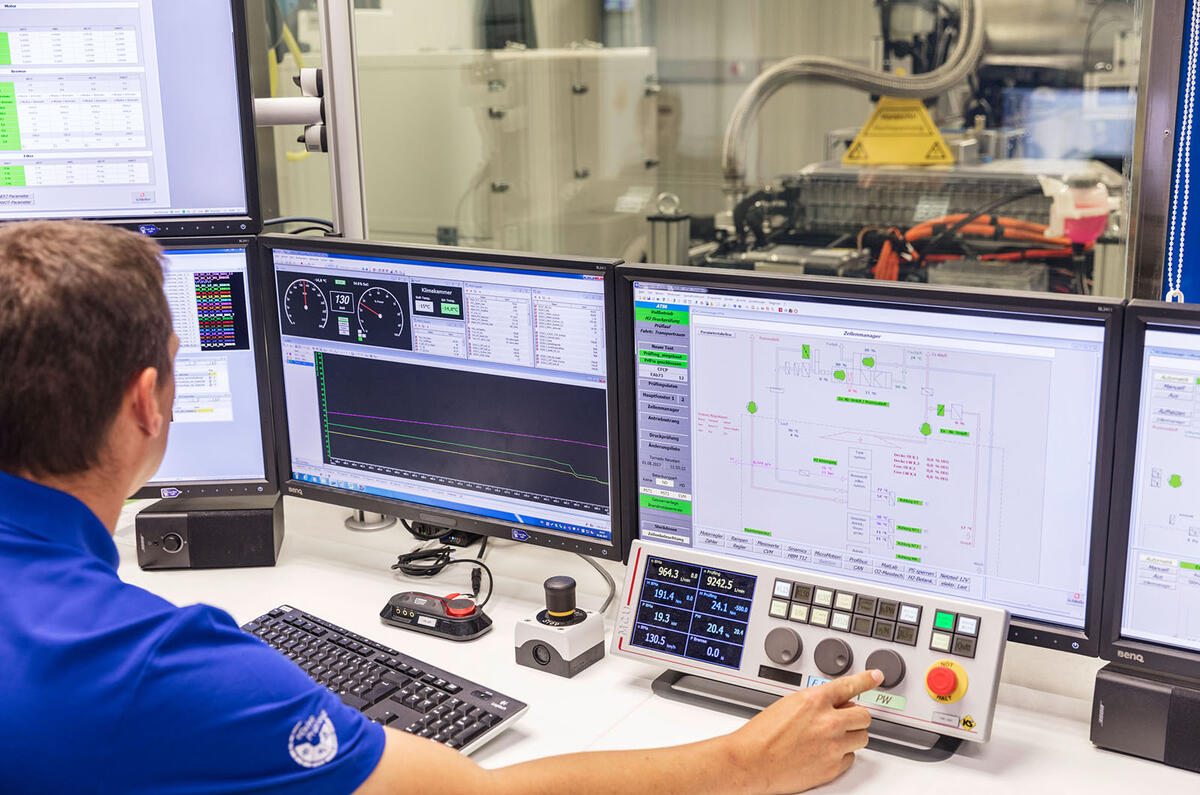
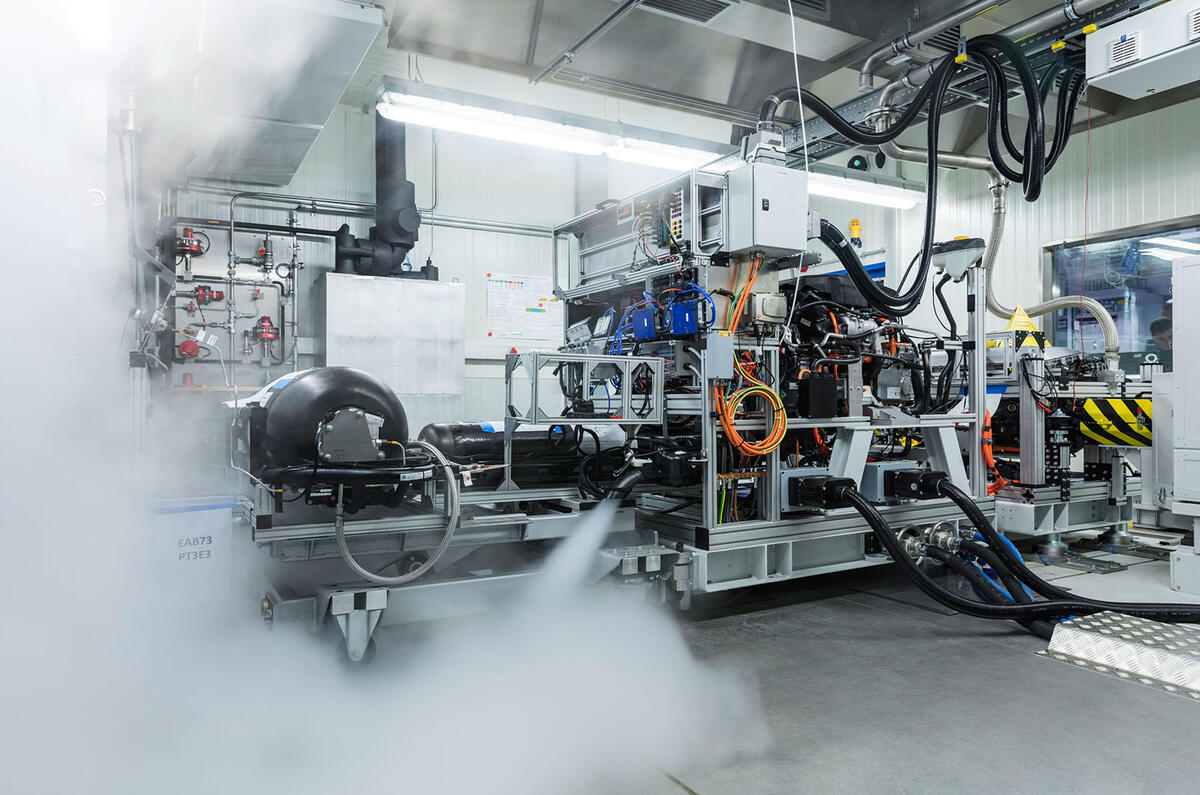
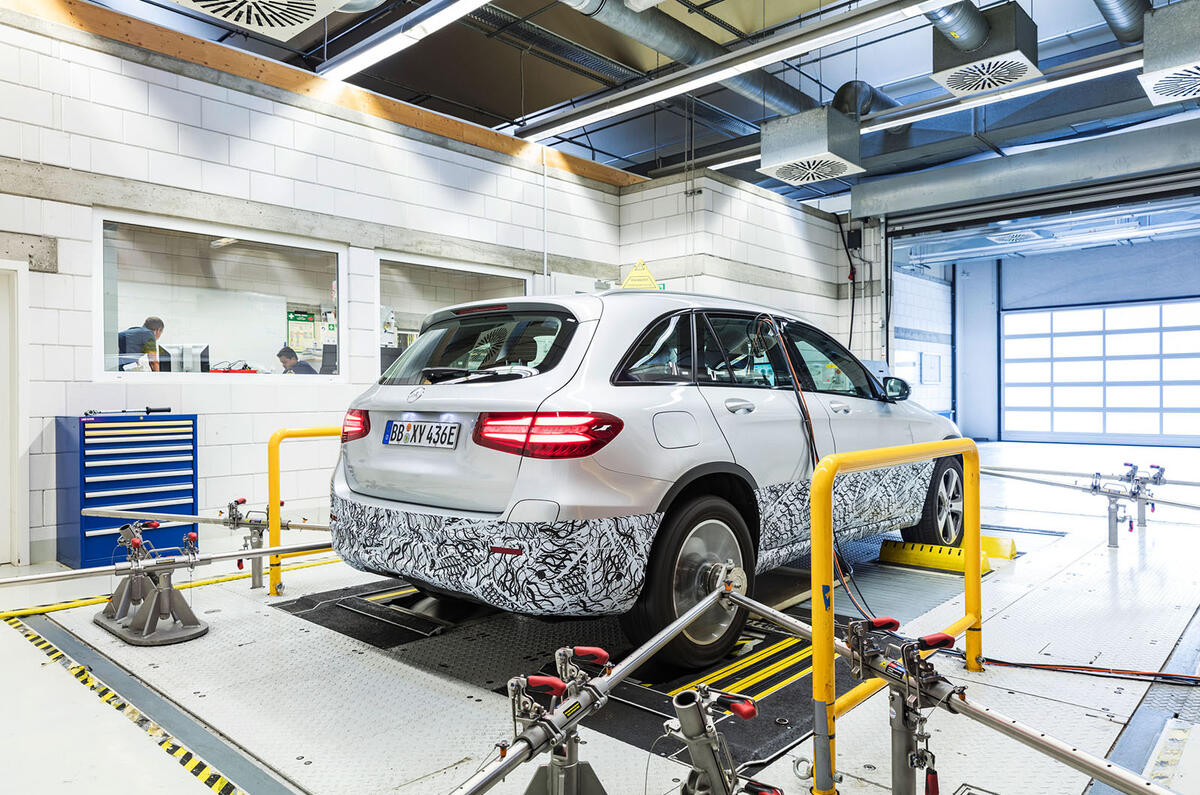
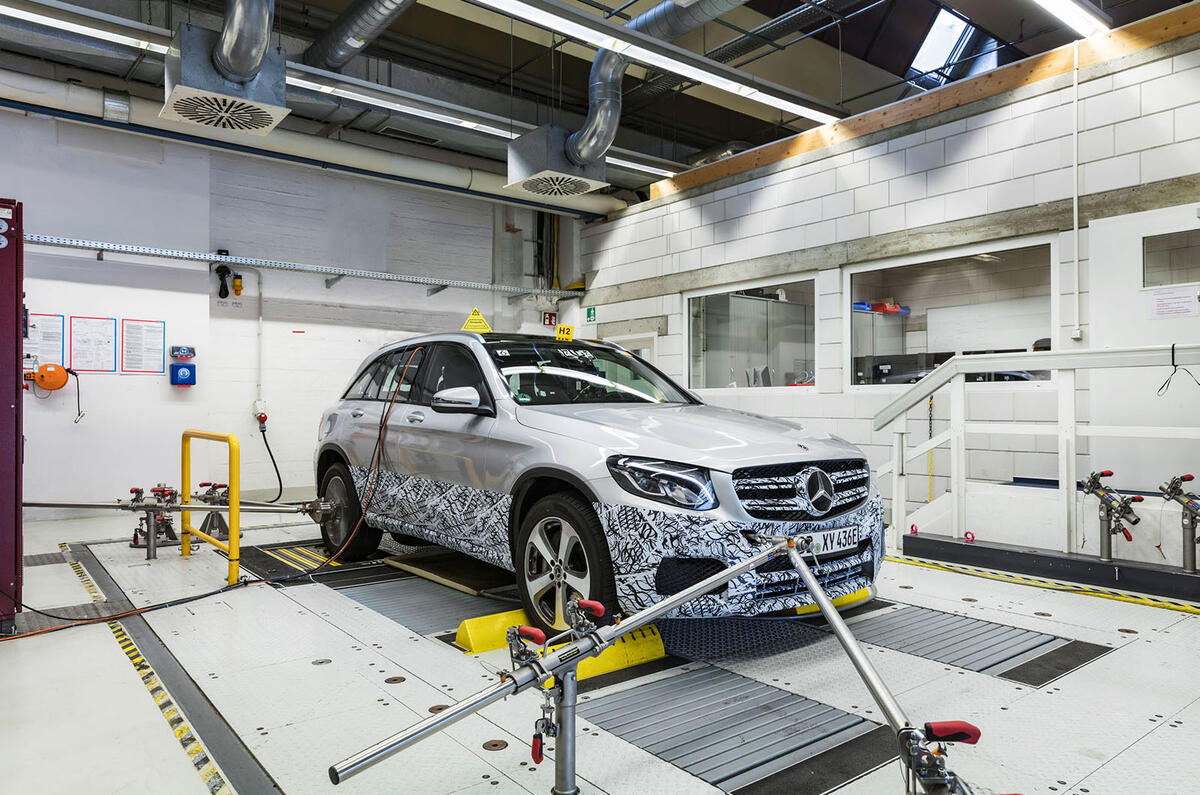
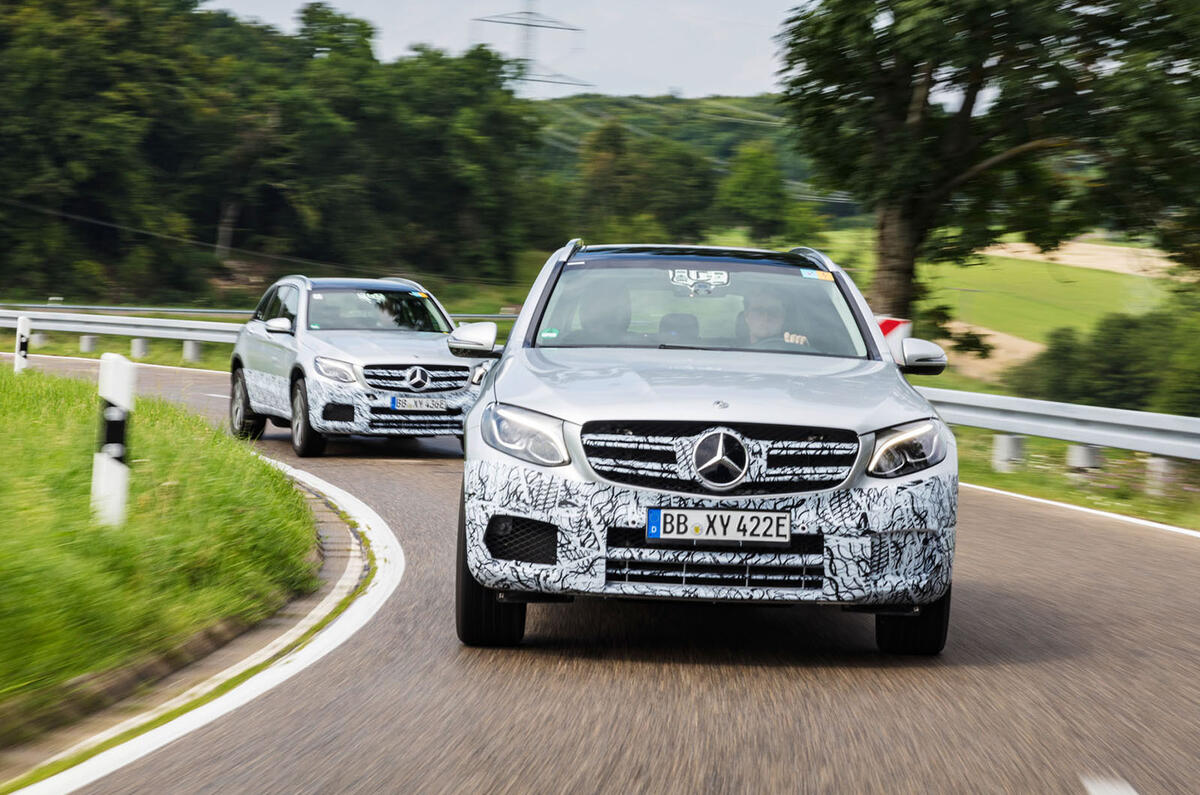
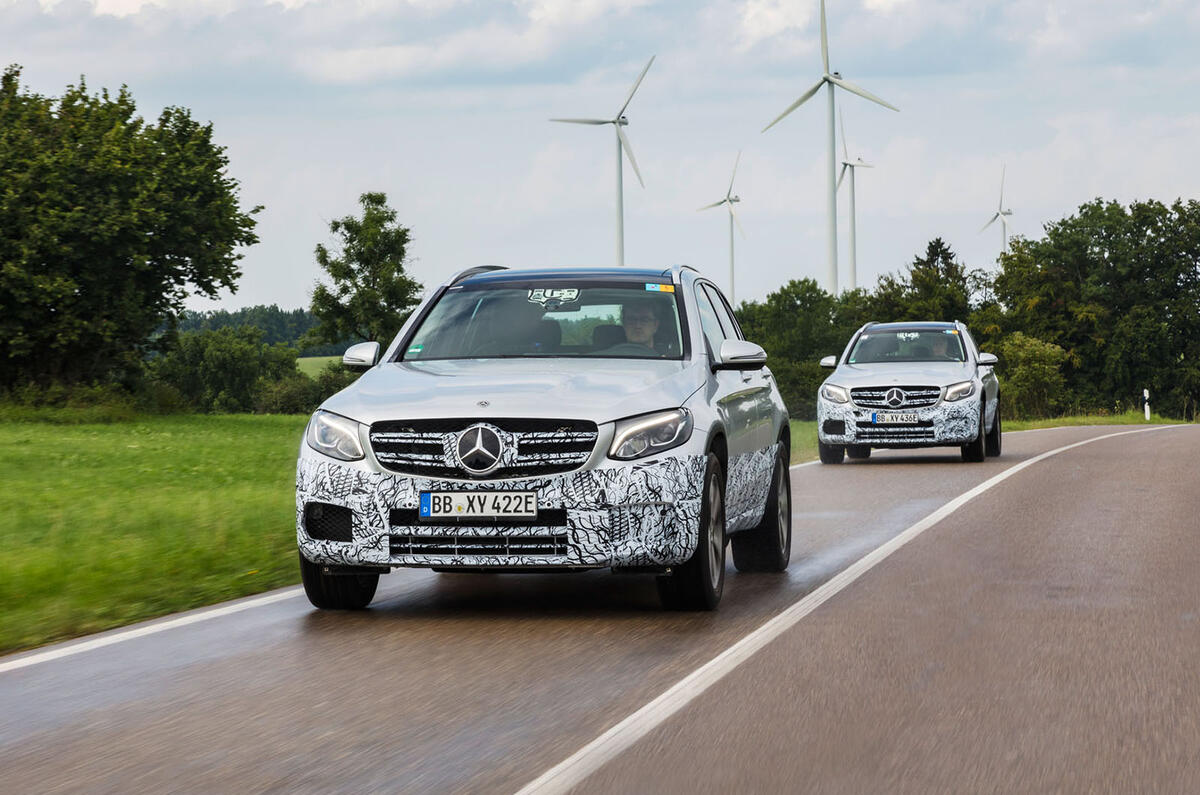
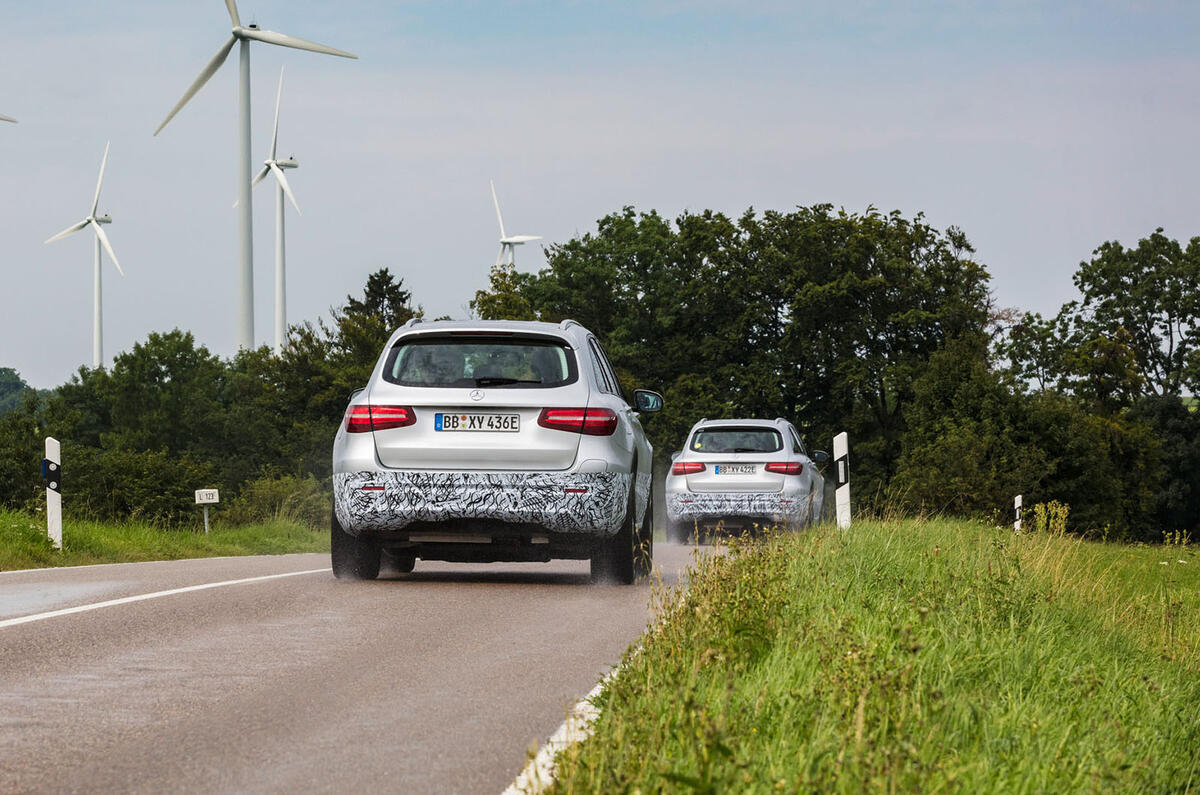
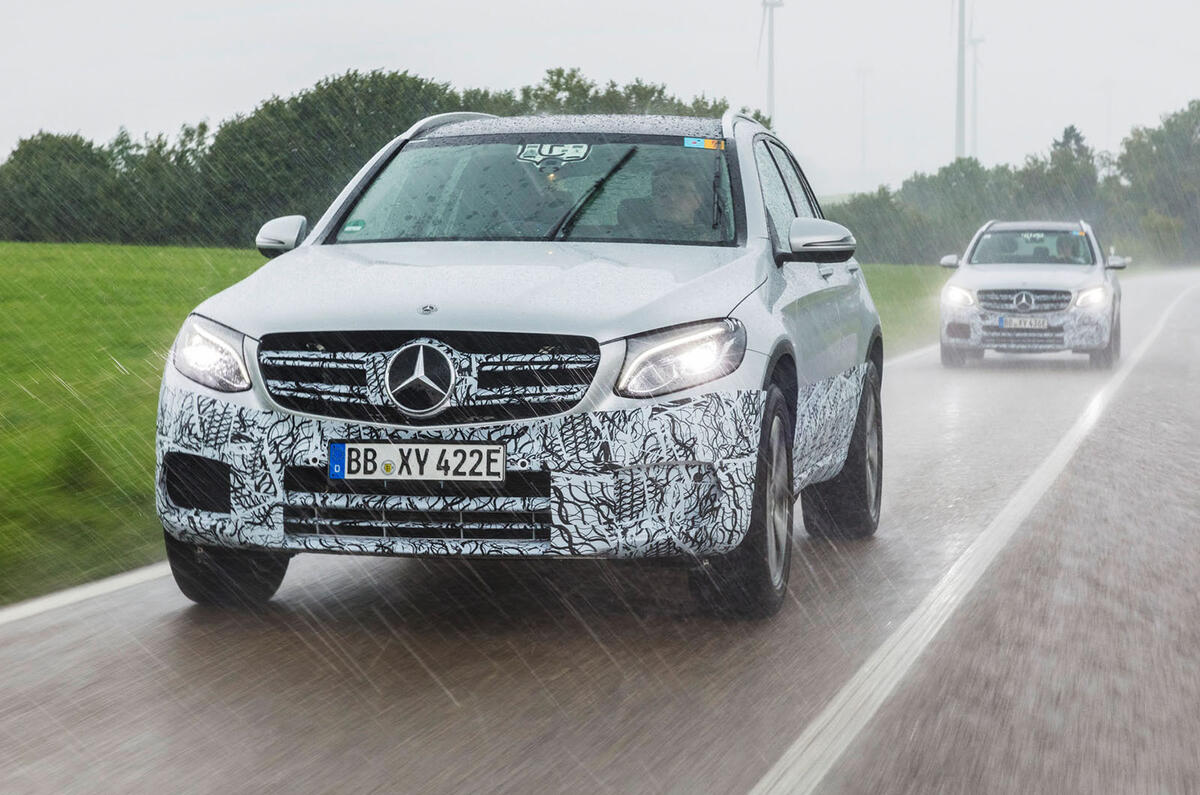
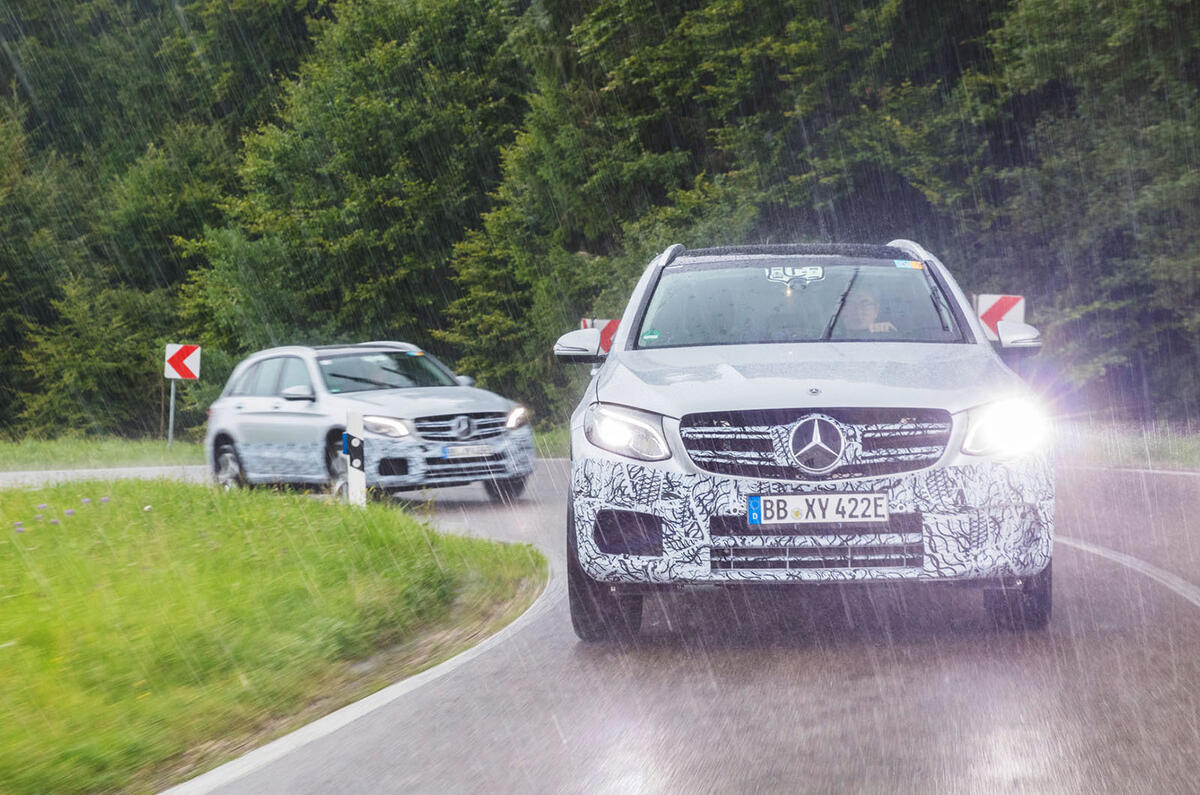
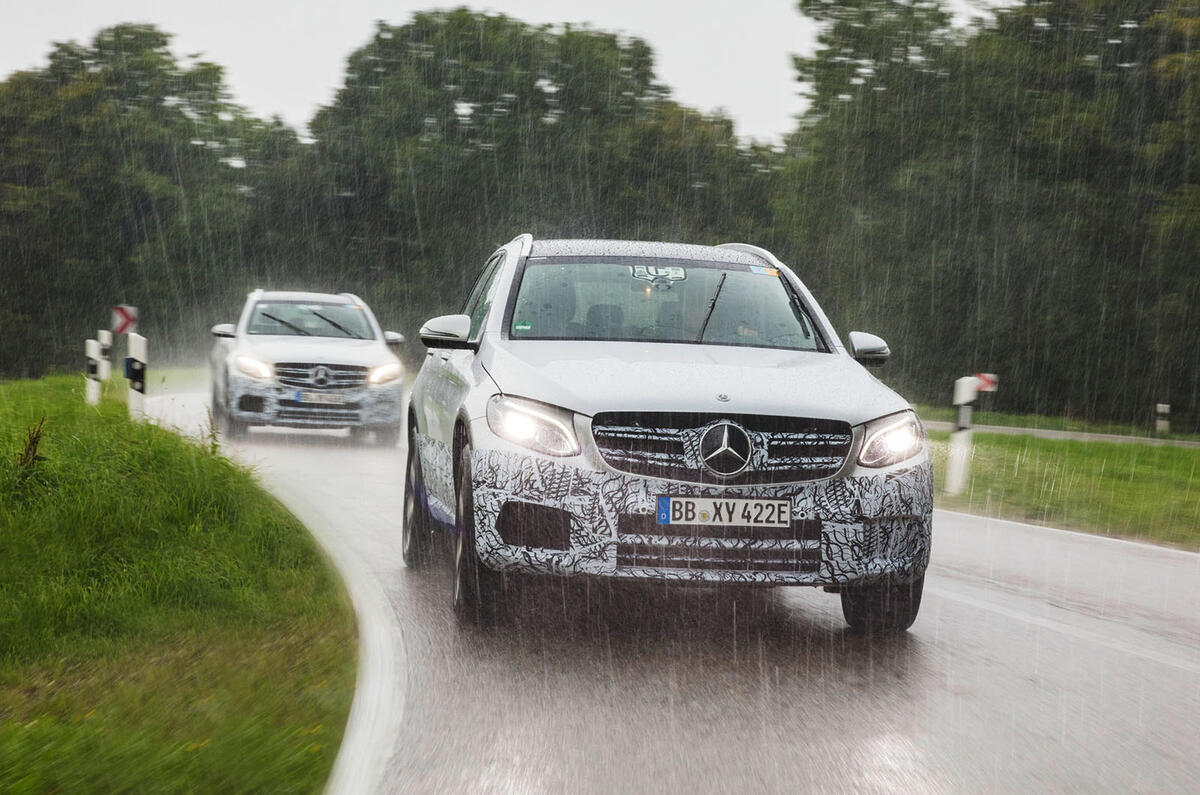
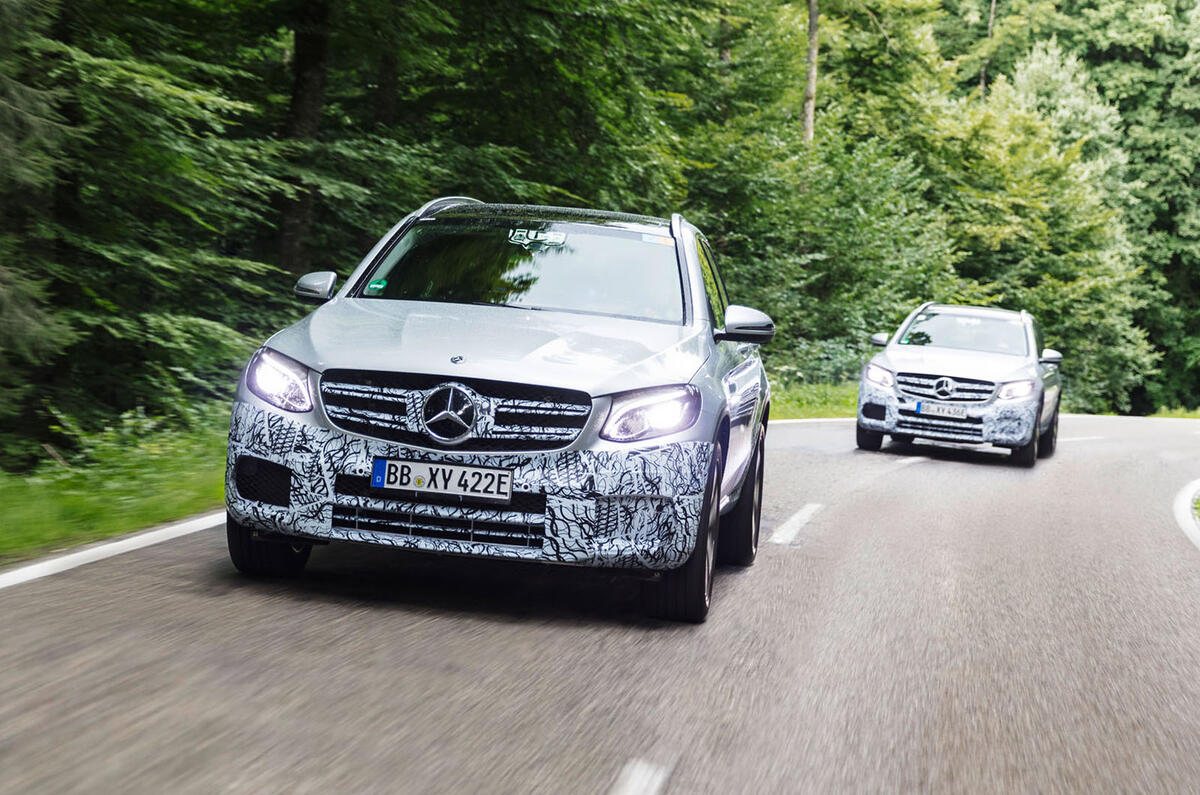
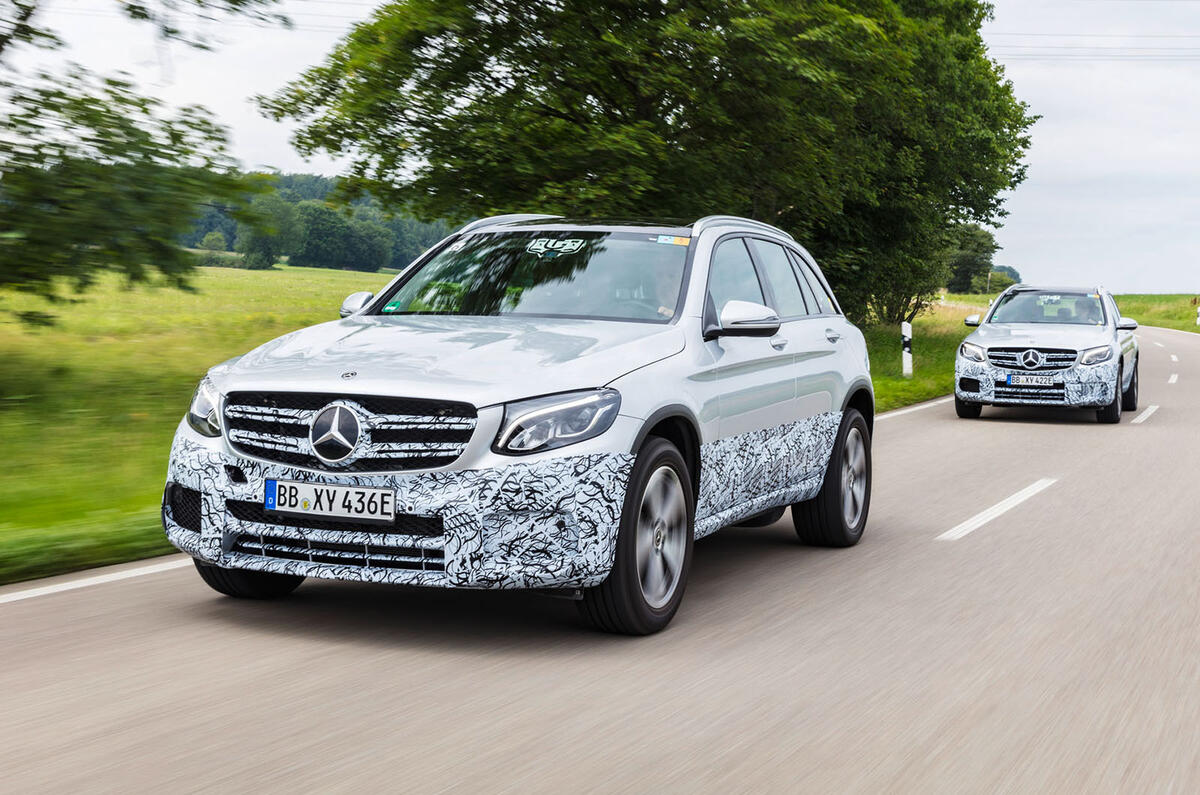






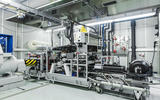
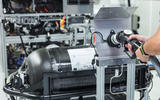
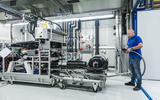
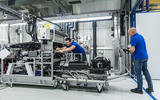
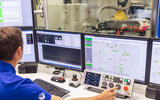
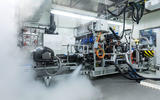
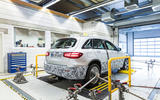
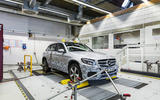
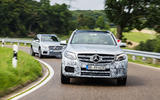
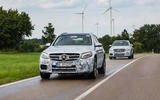
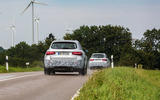




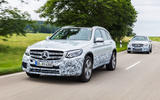


Join the debate
Add your comment
200 tonnes of electrolysed
200 tonnes of electrolysed hydrogen requires about 11 GWh of electricity, so the GLC F-Cell prototypes have used enough energy to drive a Tesla Model S 100D over 33 million miles.
Hope it's worth it!
For more information
Try CarMagazine and Autoblog, this article was released in 2016 with Mercedes stating they're be making the Hydrogen GLC for 2017.
I mentioned the other day the only way hydrogen would be going anywhere is if it becomes a plug-in. Problem is you've now got 2 carbon fibre tanks, a fuel cell, a big battery, advanced electrics to make it all work together and at least one electric motor. They'd never get the price below £75,000'ish and mpg equivanlent much above 20